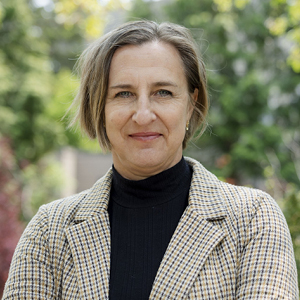In Public Religions in the Modern World, José Casanova famously analyzed the role of religion and religious actors in the modern public spheres of Spain, Poland, Brazil, and the United States. Today, a new generation of scholars takes inspiration from this work to ask not only what it entails to “out” religions as public forces but also what it looks like to deeply pluralize the study of religions and public life. As Casanova acknowledged in his essay “Rethinking Secularization,” “When it comes to religion, there is no global rule. All world religions are being transformed radically today, as they were throughout the era of European colonial expansion, by processes of modernization and globalization. But they are being transformed in diverse and manifold ways.” Several questions ensue. Can we continue to use the term ‘religion’ given its entanglements with European colonialisms, its dizzyingly legal lives, and its complicity in histories of domination, many of which are deeply racialized? Is it possible to avoid reproducing those structures? What strategies are there for studying religion that do not presume either that it stands apart from politics and public life, or that it has to be classified and governed as either amenable or hostile? To take the next step beyond ‘public religions’ involves dismantling the assumption of fixed and stable boundaries between religious traditions, between the religious and the political, and between the religious, the superstitious, and the secular. Though the category of religion is globalized, it continues to marginalize practices defined as superstition, magic, witchcraft, or sorcery. One challenge in decolonizing and pluralizing the study of religion, then, is to go beyond merely inviting ‘denigrated practices’ into the contested category of religion. Instead, as Maria Birnbaum suggests, we need to think religion—and public religions—anew.

Elizabeth Shakman Hurd
Profesora y Directora del departamento de Estudios sobre las Religiones, y Profesora del Departamento de Ciencia Política, en Northwestern University.

